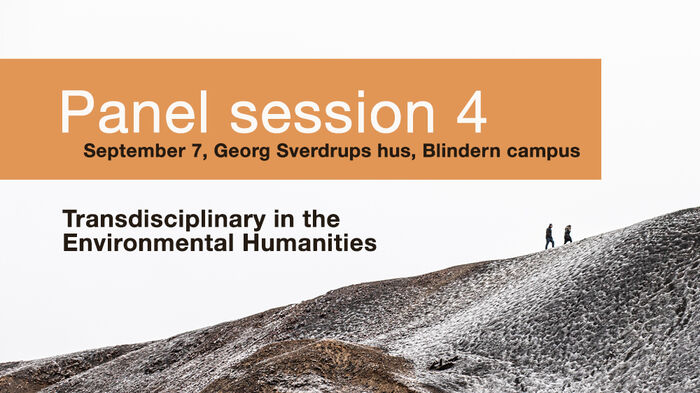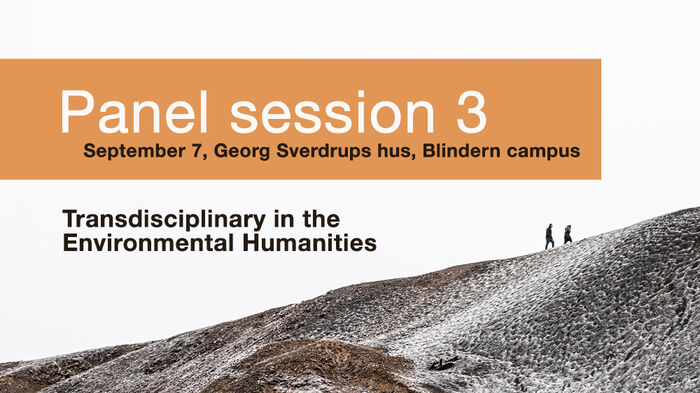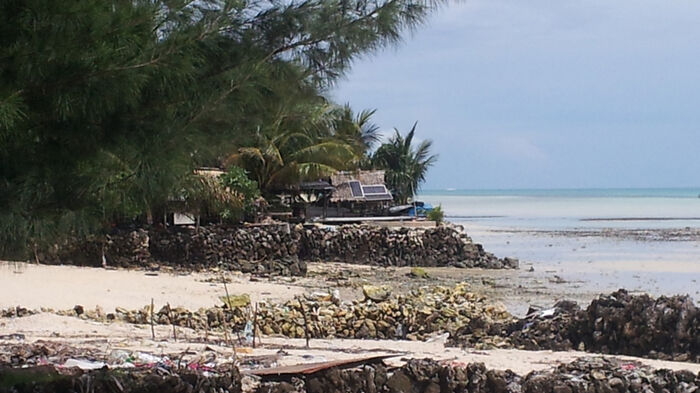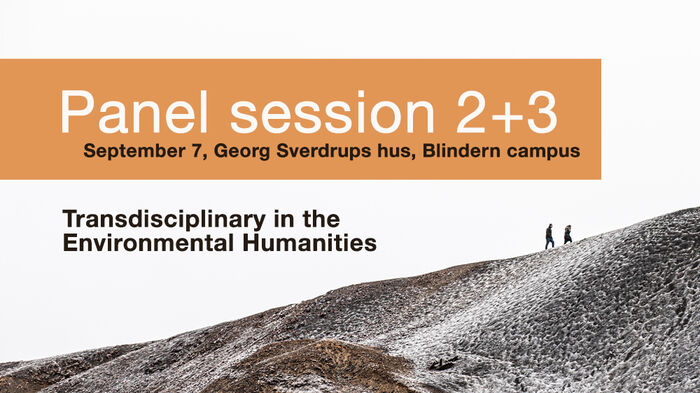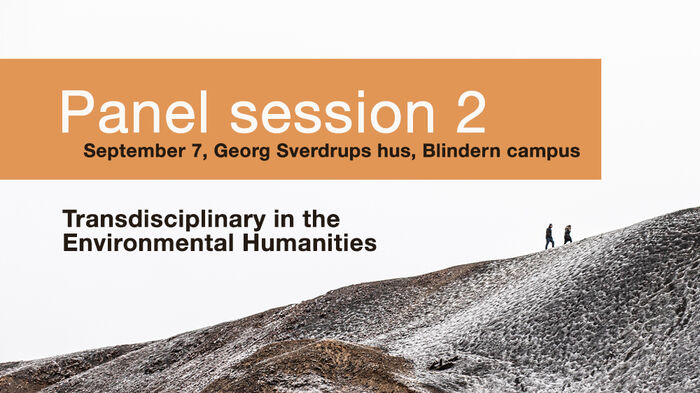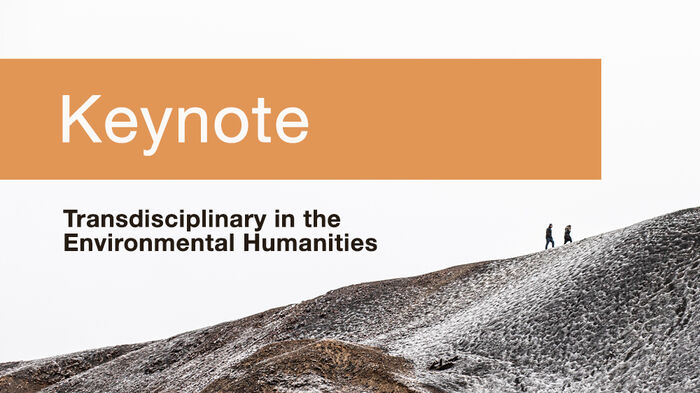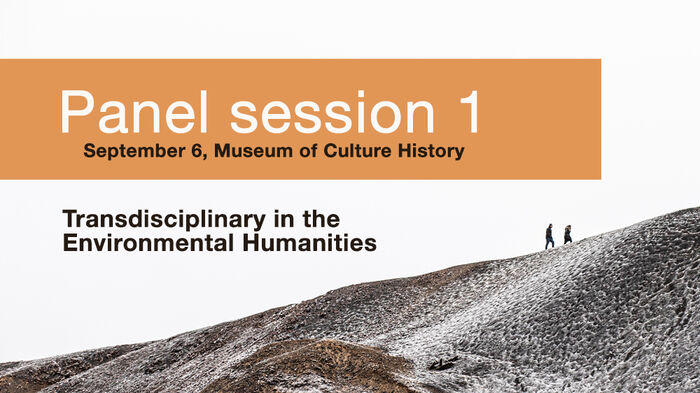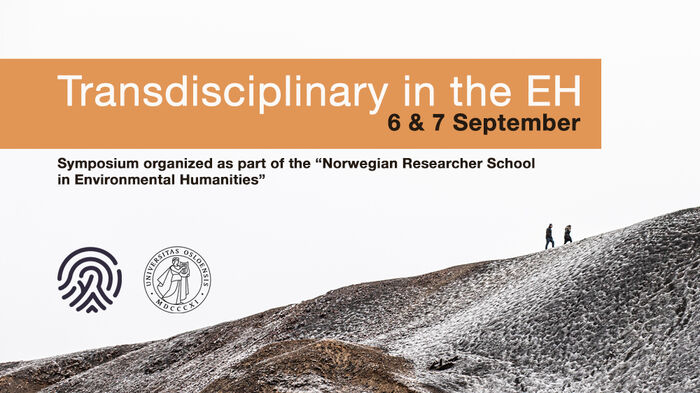Events
Previous
The fourth and final Welcome to the Anthropocene lecture by Laura Mai, Postdoctoral Researcher at Tilburg University.
Our third Welcome to the Anthropocene Lecture will be given by Alison Sperling, Assistant Professor of English at Florida State University.
The second Welcome to the Anthropocene lecture of 2024 will be led by Dr. Rahul Ranjan, writer and Assistant Professor of Climate/Environmental Justice at the Department of Human Geography, University of Edinburgh.
The first Welcome to the Anthropocene lecture of the year will be given by Professor Britt Kramvig and Postdoctoral Research Fellow Tarja Salmela at the Department of Tourism and Northern Studies, UiT - The Arctic University of Norway.
A talk by Elena Kochetkova, Associate Professor in Modern European Economic History at the University of Bergen.
In this Environmental Humanities Lecture, anthropologists Nayanika Mathur, Professor of Anthropology and South Asian Studies at the University of Oxford, and Radhika Govindrajan, Associate Professor of Anthropology and International Studies at the University of Washington, Seattle, present their research on human-animal relationships, climate change, and religious ecology in India. What form might the environmental humanities take if considered from the place of the Indian Himalaya?
Join us for our final OSEH event where we explore issues of race, ethnicity, and gender, but also diverse ways of opening up environmental problems and possibilities in the academy and beyond. We are joined by acclaimed poet and nature writer Camille Dungy and prominent scholars in the environmental humanities, and there will be upcycled music, celebration and food.
Do you want to better understand the environmental and climatic crisis, work accross diciplines, experience Place-Based Learning and communicate environmental research to a broader audience?
Land holds an “ecological memory”, the patterns in the landscape that are maintained by creative fires. This seminar will discuss the importance and challenges of using fire to shape landscapes in Australia, Italy and Norway.
Register here!
These papers explore examples of environmental storytelling, and asks what environmental storytelling can do. How does such initiatives tap into our imaginaries, or offer re-imaginations?
This panel approaches interdisciplinarity from a broad range of perspectives, including environmental governance, climate politics, botanics, cybernetics, and science history. Are there commonalities in how we engage interdisciplinarity, and how do we consider its methodological challenges?
This panel will address long-term aspects of interactions between ecological and material foundations of societies, forms of biological and cultural coexistence, and the interdependence of people and the non-human world, specifically in the shores and oceans of the world, through the lens of the arts and the humanities, aiming at pluralizing and un-disciplining the established paradigms of marine science and conservation.
In this panel we ask, how to read science through fiction, and can such readings provide us a way to understand the relationship between literature and environment?
In this panel, six doctoral scholars from varied disciplines present their research and discuss how generating oceanic knowledge for action requires transdisciplinary engagement.
What are some of the potentials and pitfalls of transdisciplinary research? In this keynote lecture Kate Rigby will be drawing on her own more recent experience of the kinds of synergies, surprises and snags that might be encountered along the way, and the sorts of virtues that need to be cultivated to facilitate positive outcomes.
In this session, we invite participants working across environmental humanities and other disciplines to reflect on their experiences of ‘soiling’ different areas of research. What happens when soils are brought into the research arena as agential, as consequential? How can healthy soil become not only a metaphor but a driver for transdisciplinary action for social change?
Academics are looking for possible combinations of methodological interventions which could be helpful in devising solutions and strategies for survival and healing in the global environmental crisis. In this panel the researchers will share their paths towards combining, extending and shifting their research methods. Through the discussion, the presenters of the panel are looking for new methodological possibilities for facing the unknown known.
This panel brings together junior researchers working in different parts of the globe and on diverse maritime issues, with the aim to discuss new interactions and underappreciated entanglements between humans and non-human inhabitants of the ocean.
In this keynote by Dolly Jørgensen, she argues for the need to recognize and discuss three different types of transdisciplinary research in the humanities: the many, the one, and the collective.
This panel explores how transdisciplinary artistic practice, history and theory can contribute to the environmental humanities through aesthetic modes of visualization of planetary information. What is the visual art’s role and contribution to new perspectives for the environmental humanities?
What is an artistic intervention in environmental humanities? What can art offer as a site for exploration? In this panel, performative artists, museologists and film makers discuss uses of art, objects, and the making of an issue.
Plants co-shape the places in which they dwell, and the lives and desires of those dependent upon them. This panel discusses literary explorations of cultural, material, and spiritual human-plant relations in localities within Japan, Scandinavia, and Australia.
Come and join us on 6 & 7 September for a NoRS-EH Symposium on "Transdisciplinary in the Environmental Humanities"!
Workshop with guest researcher Dr Joana van de Löcht (University of Freiburg) and Dr Ada Arendt (University of Oslo) welcomes students wishing to engage with Early Modern literary sources to study past human-environment entanglements.
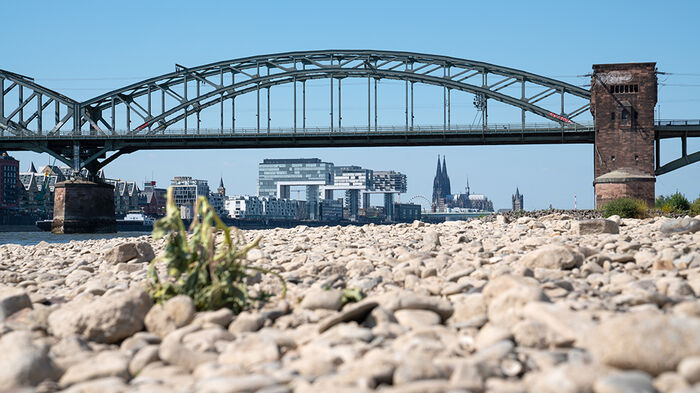

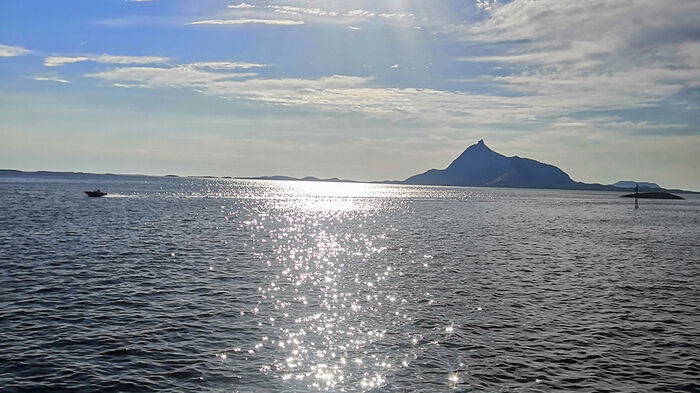
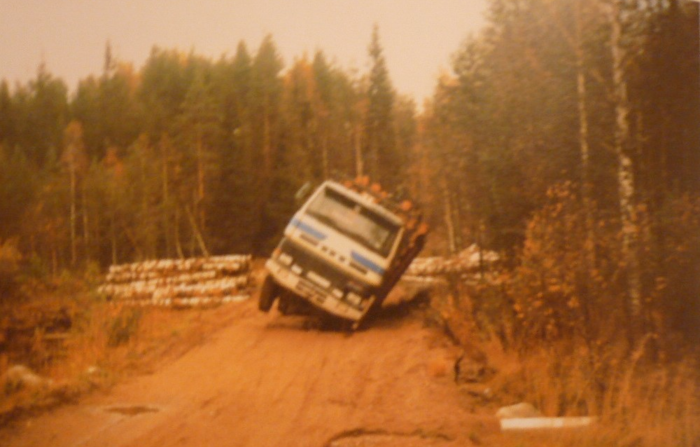
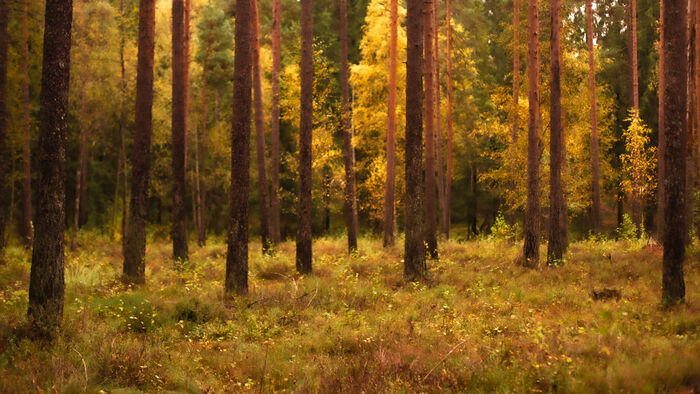
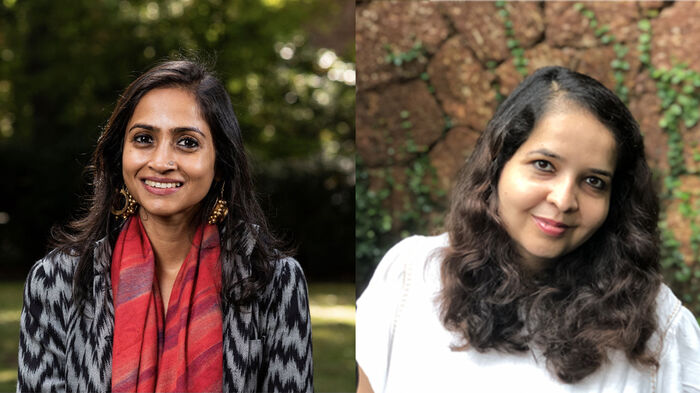
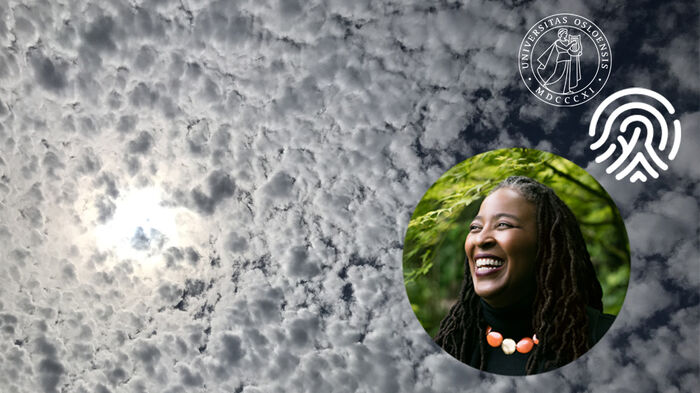
.png?alt=listing)

